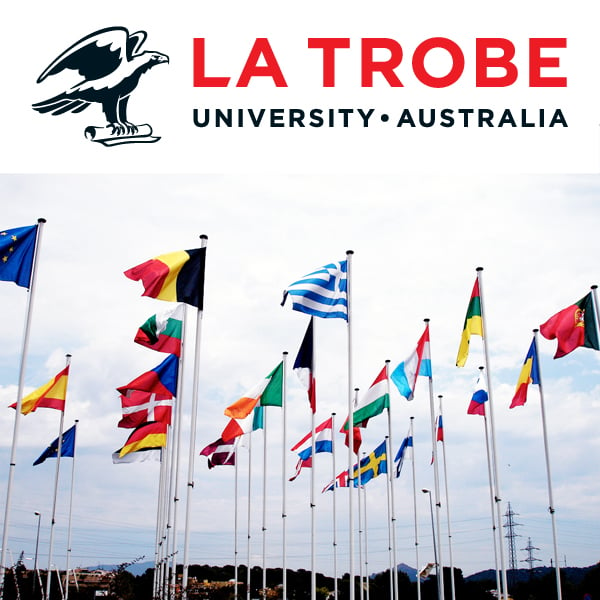Unmaking the Himalaya: Geopolitics, Environment, Citizenship
Description
In recent years, the Indian and Chinese states have become increasingly assertive in the Himalaya. Driven in part by their mutual enmity and border disputes, both states have undertaken massive infrastructure developments, enabling vast new extractive projects, and a rush of troops and tourists from the plains to the mountains.
These political tensions have dangerous ecological consequences. All Himalayan states are building large dams to facilitate development. The Himalayan ice pack moderates monsoonal rains in Asia and feeds most of the region’s large rivers. This system provides 40 per cent of the world’s population with water. To make matters worse, the Himalaya is experiencing climate change at twice global averages.
With these political and environmental transformations, the lives of the region’s diverse peoples, including its refugee populations, along with broader ideas of citizenship and belonging, are being changed and challenged.
Speakers:
Associate Professor Sonika Gupta (IIT Madras)
Dr Ruth Gamble (David Myers Research Fellow, La Trobe University)
Dr Alexander Davis (New Generation Network Scholar, La Trobe University)
Chair:
Dr Gerald Roche (Senior Research Fellow, Politics, La Trobe University)
Presented at the La Trobe University City Campus on 26 June, 2019.
More Episodes
The relationship with China is of critical importance to Australia. It is also increasingly complex, being influenced by economics, domestic factors and strategic forces.
Yet it is a relationship with underlying tension. China and Australia sometimes find themselves on different sides of the...
Published 08/01/19
Australia has implemented a wide range of policies which, while not explicitly anti-China, are definitely interpreted that way. Other countries are taking notice and inspiration from such actions.
Find out more about the La Trobe Asia Brief on Australia-China...
Published 07/22/19
For decades in Australia we have assumed that America will prevent any serious emerging military threats to Australia, or defend us from them if they do, but now America's power in Asia is waning and those old assumptions are no longer valid.
So what now? We have never really tried to defend...
Published 07/19/19


